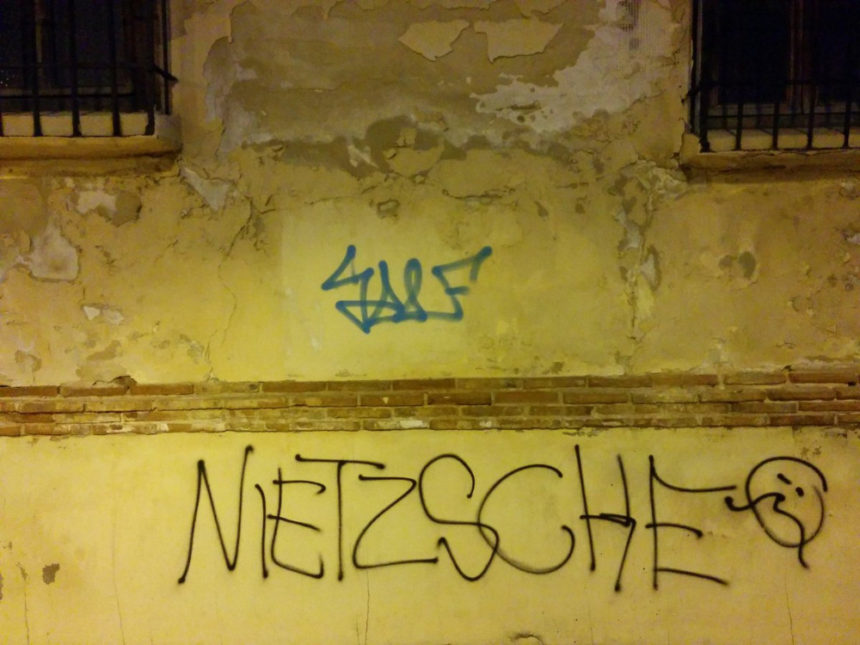Celebrating emerging scholars in P4wC research and practice
Call for Submissions | ICPIC Biennial Award for Excellence in Interpreting P4wC | Deadline: 15 March 2019
As with any educational movement, ICPIC’s strength and growth depends not only on our workin the field, but on our capacity to report on significant innovations, raise questions, seekconnections, develop and test theories, investigate assumptions and assess our educationalpractices. Scholars and practitioners engaged in the field of philosophical inquiry with childrenand youth often construct new knowledge and perspectives that sustain and challenge our workin this field. Since 2002 ICPIC has conducted a biennial essay competition to encourageemerging scholars to contribute to that work.
For more information, please download the flyer.
The Award
• The author of the winning essay will receive $200 USD.
• The essay award competition will be cancelled if there are fewer than five essay submissions. If there are fewer than five submissions by the deadline in any essay competition year, the ICPIC Executive Committee will decide whether (and how often) to extend the deadline, and at what point to cancel the competition.
• The author will be invited to present the essay at a special session of the next ICPIC Biennial Conference, at which a member of the essay award committee will also offer commentary on the essay. (Attendance at the conference is highly encouraged but is not required for participation in the essay competition.)
• ICPIC will pay the author’s registration fee for the conference if that fee is not paid by the author’s employer, educational institution or etc.
• The winning essay will be published in the ICPIC Journal Childhood and Philosophy, where it will be noted that the essay won the ICPIC Biennial Essay Award.
Competition Criteria
The award committee and its chair are tasked to judge the essay that best achieves the following broad criteria:
1. Demonstrates innovation, such as:
● Develops new or reconstructed theory
● Evaluates significant new practices
● Raises and addresses significant new questions
2. Demonstrates knowledge of relevant disciplinary research literature including, but not limited to research literature in Philosophy for/with Children (see Philosophy for Children topics in PhilPapers.org)
3. Demonstrates proper use of philosophical and/or empirical (quantitative, qualitative, action and/or post-qualitative) research methods
4. [NOTE: Relevance of the essay topic to the theme of the ICPIC Biennial Conference is encouraged but is not a criterion for judging the winning essay.]
Eligibility
1. The author is a member of ICPIC.
2. The author either has not held a position at a university or research institute, or is within the first five years of holding such a position.
3. The essay has not already been published or submitted for publication elsewhere.
4. The author agrees that, should they win the competition, the essay will be published in the ICPIC Journal Childhood and Philosophy.
5. Essays may be jointly-written.
6. There is no age limitation.
Submission
1. Essays must be submitted electronically as a Microsoft Word file, with 12-point Times font and 1.5 line spacing, by 15 March 2019 to: IC*******@gm***.com.
2. Essays should be formatted in the academic citation style appropriate to the type of research conducted, e.g. APA, MLA, Chicago.
3. Essays must include, on a separate page, the author’s name, contact information, city and country of residence, and a statement that the author meets the first four eligibility criteria listed above. The ICPIC Essay Award Committee Chair will remove this page before sending the essay to the Committee for blind review. If possible, the essay should not include details that otherwise identify the author.
4. Essays are limited to a maximum of 7,000 words, including notes and bibliography.
5. Essays may be submitted in the applicant’s native language but, if that language is not English, they must be accompanied by English translations. [NOTE: If the author is unable to provide an English translation, the ICPIC Essay Award Committee Chair will endeavor to secure a translation for purposes of review by Award Committee members
who are not able to read the paper in its original language.]


